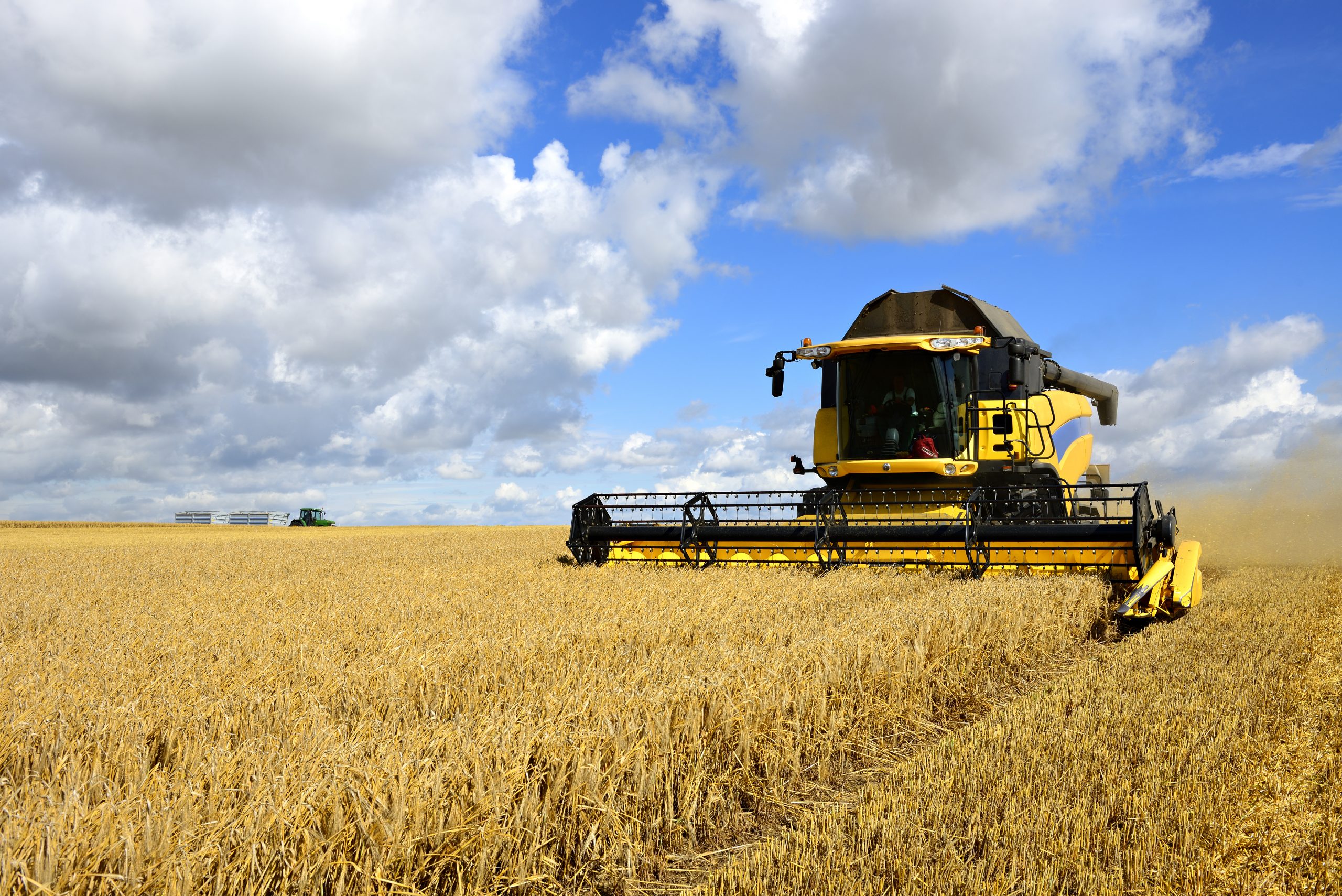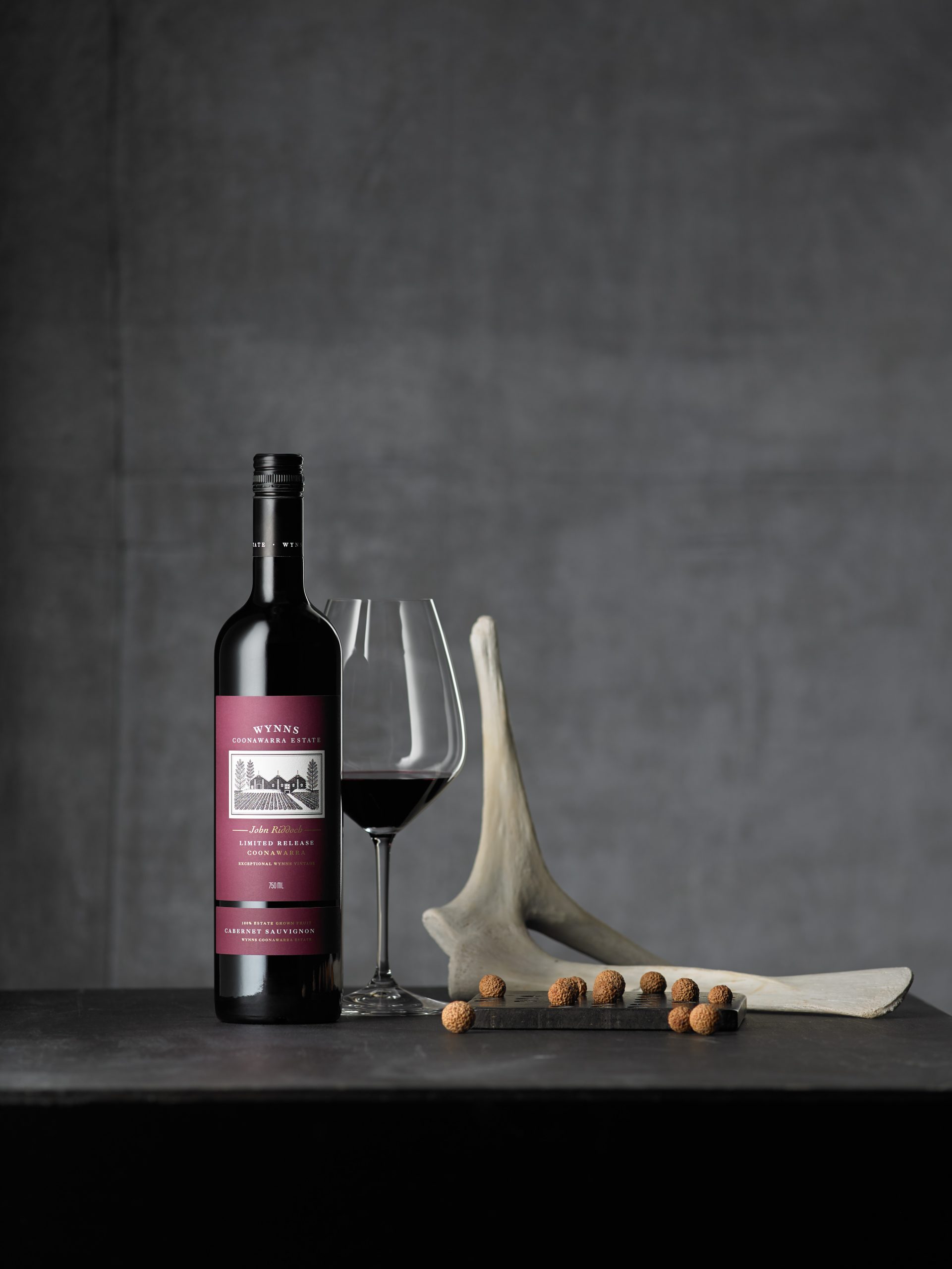Heineken trials low carbon barley farming as part of sustainable initiative
Heineken UK has embarked on a new trial to explore more sustainable ways of growing barley, one of beer’s main ingredients, to reduce CO2 emissions.

The first year of pilot will begin with the 2021 autumn crop-sowing campaign. Ten farmers will take part and approximately 7,000 acres of winter and spring barley varieties will be grown, yielding 25,000 tonnes of grain; enough to brew 300 million pints of beer.
The trial is a collaboration between Heineken UK, malt suppliers Muntons, supply chain consultancy Future Food Solutions, and Yorkshire-based barley farmers.
Using the findings from the pilot scheme to scale the project in the coming years, the trial will contribute to Heineken’s global ambition to reduce emissions from agriculture by 33% between 2030 and 2018, and to achieve a carbon neutral value chain by 2040.
Matt Callan, Supply Chain Director at Heineken, said: “Without barley we can’t make beer. This trial is very much about ensuring we create a sustainable long term supply chain that benefits farmers, the planet and biodiversity. Agriculture is the second biggest contributor of our carbon footprint and with our new ambition to hit carbon neutrality through our entire value chain by 2040, tackling this part of our footprint is key.
“This is the reason we have partnered with Future Food Solutions and Muntons. They help farmers to integrate a range of innovative ideas into their processes to reduce carbon emissions and improve soil health; exactly the things we need to make our barley more sustainable.”
Partner Content
Barley grown during the trial will be transported to Heineken’s brewery in Tadcaster where it will be used in the brewing process once it has been malted at Muntons’ plant in Flamborough, Bridlington.
Sustainable farming techniques focused on in the trial include inter-row cropping, growing cover crop mixes, and using less invasive measures to prepare the land and optimising crop nitrogen use.
Outcomes will be measured by the amount of CO2 sequestered by the soil and the reduction in the amount of nitrogen needed to be added to the crop to produce healthy yields.
Dr Nigel Davies, Director of Technical and Sustainability at Muntons, said: “As a business that started its sustainability journey all the way back in 2000, it is an exciting project for us to be involved in. We work closely with Future Food Solutions to help farmers cut their carbon emissions and this has helped us to reduce the carbon footprint of our barley supply chain by 32% in the past 12 years. As a result, the malt we make is certified 100% sustainable by the Farm Sustainability Assessment standard.”
Beer-makers are not the only ones looking to the future of sustainability. Read more on the Sustainable Wine Roundtable launched this September here.
Related news




